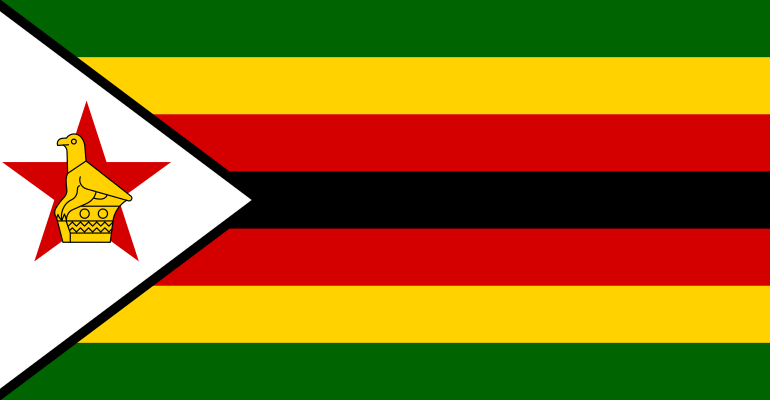Despite a crippling drought and a longstanding debt default, Zimbabwe’s economy is showing signs of resilience, Bloomberg reports, citing Finance Minister Mthuli Ncube.
In an interview with the news agency, Ncube expressed optimism about the country’s economic prospects, citing improved financial management and a projected 2% growth for 2023.
“We’ve learned to manage our affairs properly,” Ncube said, emphasizing the government’s commitment to fiscal discipline. “We’re living within our means and it’s showing.”
He outlined the anticipated budget deficit of 1.4% of GDP by year-end, a significant improvement from previous years.
Zimbabwe has been grappling with the effects of a severe drought that has impacted agriculture, a key sector of the economy. The drought, coupled with the 1999 debt default that has left the country isolated from international capital markets, has presented significant challenges for the nation’s economic recovery.
Despite the challenges, Ncube pointed to a current account surplus for the sixth consecutive year, indicating a stable external balance and a strengthened currency. He also highlighted the country’s anticipated self-sufficiency in wheat production, with an expected bumper harvest leading to wheat exports.
To further mitigate the impact of future droughts, the government has announced plans to expand the scope of its agricultural insurance program in 2025. Earlier this year, Zimbabwe received $32 million from the African Union’s climate insurance agency as part of a larger payout to drought-stricken countries in the region.









